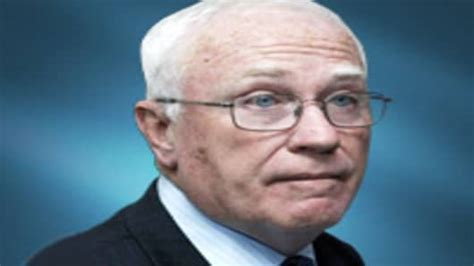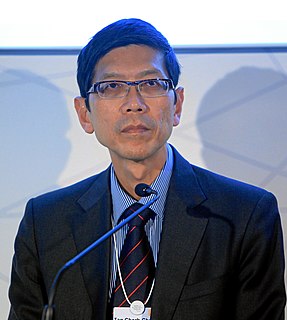A Quote by Gita Gopinath
I think about issues. I use my economic training to devise solutions.
Related Quotes
The environmental issues we face today are complex and span many knowledge domains. This undergraduate degree programme in Environmental Studies will nurture a pool of graduates who are able to think deeply and broadly about these issues, and help develop novel solutions for Singapore, Asia and beyond. I am delighted at this programme for another reason - it is the first undergraduate course that draws on expertise from eight Faculties in NUS, making full use of the comprehensive strengths of our University.
For decades, I thought that scientific truth, solid economic case studies, and common sense were enough to bring about change on the environmental front. After all, the data is so compelling! I thought that if people just understood the severity of today's environmental threats and knew about available solutions, those solutions would happen. Not so.
Just as it wouldn't be right to only to have an economic dialogue with China, equally you shouldn't restrict your dialogue solely to issues around, say, human rights. You can raise all those issues, and that is what reflects a mature discussion. So I don't think essentially we have to choose between being partners in China's economic development and being proud defenders of British values.





































